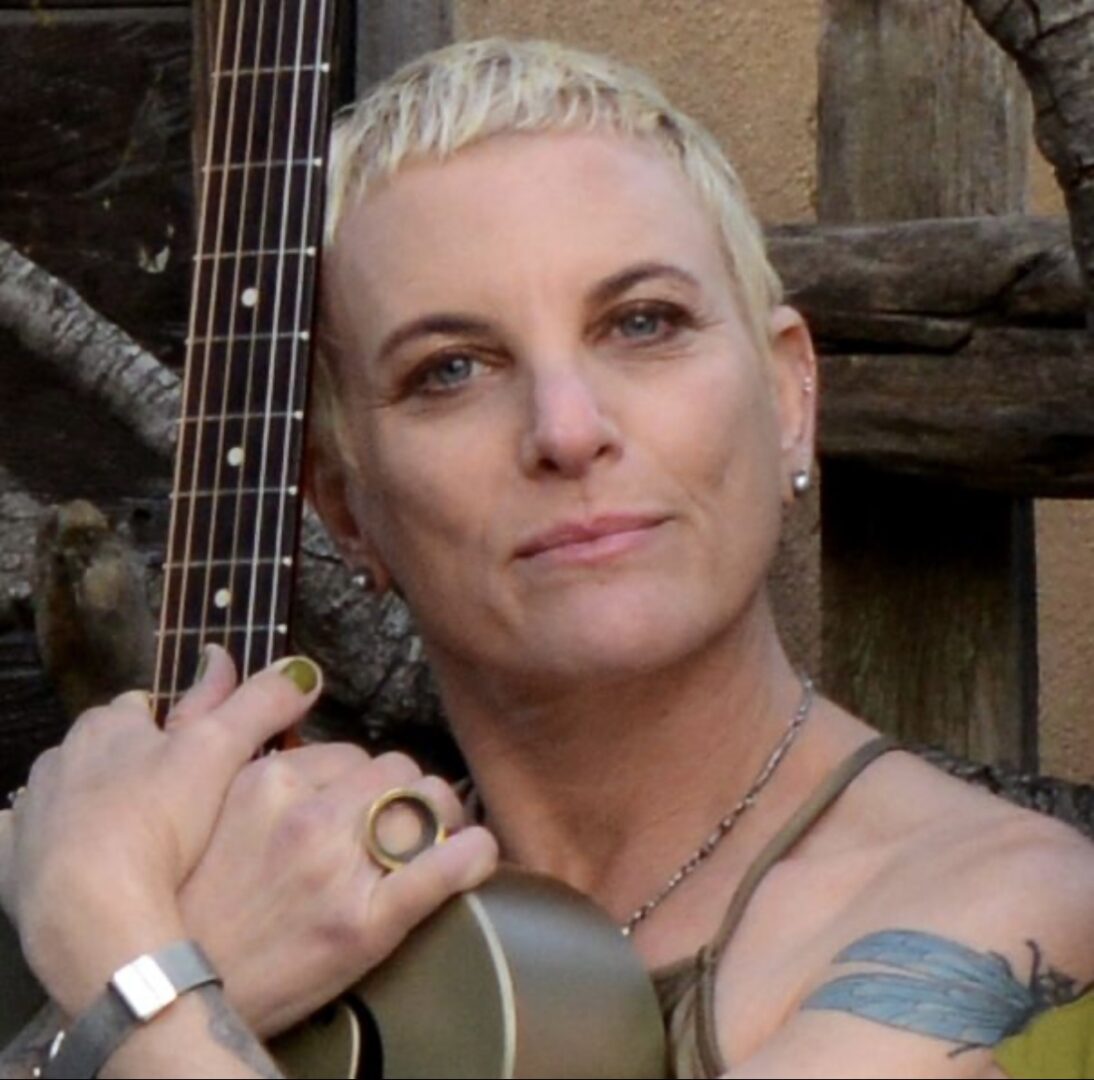We recently had the chance to connect with Nicole Laby and have shared our conversation below.
Nicole , it’s always a pleasure to learn from you and your journey. Let’s start with a bit of a warmup: What is a normal day like for you right now?
My normal day these days is demanding. My band is preparing for an exciting multi-media show that we’re co-producing on November 8, 2025. It’s called The Tipping and it’s a collaboration of modern vertical dance, immersive music and film animation with live articulating sculptures. I’m split between two worlds: the business oriented world and the creative. I’m focused on meetings with my co-producer and social media manager as we’re sculpting the flow of the event: when dancers’ performances start and stop, where musicians (my band) will be positioned in the huge performance space, how we’ll market and who we’ll market to…
On the creative side, my band is learning 4 new songs I wrote that we’ll perform at this event. My to do list keeps getting longer!
Can you briefly introduce yourself and share what makes you or your brand unique?
I’m happy to return to Bold Journey and update the readers as it’s been a while. I’m Nicole Laby, the singer-songwriter of my Americana-Noir indie band, Frances8. We’re a 5 piece band from the San Francisco Bay Area. I write original music that’s often inspired by my growth and recovery from childhood trauma. I’m also a psychotherapist and understand that trauma recovery occurs in layers, over time. Music is the perfect vehicle for me as it allows me to process the hardship and transform it into something inspiring and creative.
My band is composed of violin, viola, upright bass, guitars and drums. Typically, we perform live music once a month and record every couple of years. We’re so excited as we just produced our very first vinyl record! A unique aspect of our sound is that we weave in sonically textural instrumental parts that afford the listener time and space to digest the content between songs.
Thanks for sharing that. Would love to go back in time and hear about how your past might have impacted who you are today. What’s a moment that really shaped how you see the world?
One early experience I had that helped me to move through life’s obstacles and overcome difficulties occurred when I was a teenager. My dad was an underwater photographer and I was with him in Luxor, Egypt on an assignment. When we arrived at the diving site there were dozens of small, starving children who lived nearby. They were holding their hands out to the scuba divers, pleading for money. I wanted desperately to help but we weren’t carrying any money on us. I only had my back pack filled with writing materials and a bag of candy. I placed a piece of candy in each child’s hand and their faces lit up immediately. I learned then that, while I couldn’t provide money and essentials the children needed, I could offer something: my heart, my good intentions, something sweet to eat. Though not significant, this made a little difference and brightened their day. In light of the tragedies occurring in our government with our current administration, it’s important to remember that even small efforts towards justice makes a difference. This memory is helping me to navigate the injustice of our current political climate.
When did you stop hiding your pain and start using it as power?
I am especially drawn to this question as it speaks directly to my relationship to music and performance. Music has given me a wonderful opportunity: I use my pain to create powerful outcomes. I take painful moments in my history and convert them into meaningful pieces of art. There have been several times after a show where an audience member approaches me and shares her/his appreciation for bringing themes/ content that is reflective of their own life experience into the open.
Alright, so if you are open to it, let’s explore some philosophical questions that touch on your values and worldview. Is the public version of you the real you?
I certainly hope that my public identity is reflective of my internal identity. As a songwriter, I strive to communicate authenticity because without that, how can people really feel connected to my art? As a psychotherapist, I incorporate many aspects of IFS, Internal Family Systems. In this theoretical perspective, there are many parts of ourselves that can exist simultaneously and for different reasons. I think it’s important to embrace and expose various aspects of ourselves at times, even if some of these parts are messy or not ideal.
Thank you so much for all of your openness so far. Maybe we can close with a future oriented question. If you knew you had 10 years left, what would you stop doing immediately?
I really like this question! If I knew I had 10 years left to live, I don’t know if I would change much. I like to think that I am living my life in a way that makes the most sense and brings myself and others the most value. For example, I practice as a psychotherapist and this work entails helping other people to let go of barriers/unhealthy dynamics/achieve what they want in their lives. This works as a two-way street as it helps others and also brings so much value to my own life. As a musician, it feels similar. But wait—if I really think about this seriously, there are a few things I might change:
1. Move my husband, kids and dog to Europe—-Spain or Italy! 2. Adopt/Rescue a bunch of adorable Pitbulls 3. And maybe focus more seriously on painting/lessons and art installation.
Contact Info:
- Website: http://frances8.com/
- Instagram: http://instagram.com/Frances8music
- Facebook: http://facebook.com/Frances8Music
- Youtube: https://youtu.be/G04y51EmT3A?si=UUF0f6XzaH4u09DR
- Other: Spotify:
Apple Music:
https://music.apple.com/us/artist/frances8/1605669312
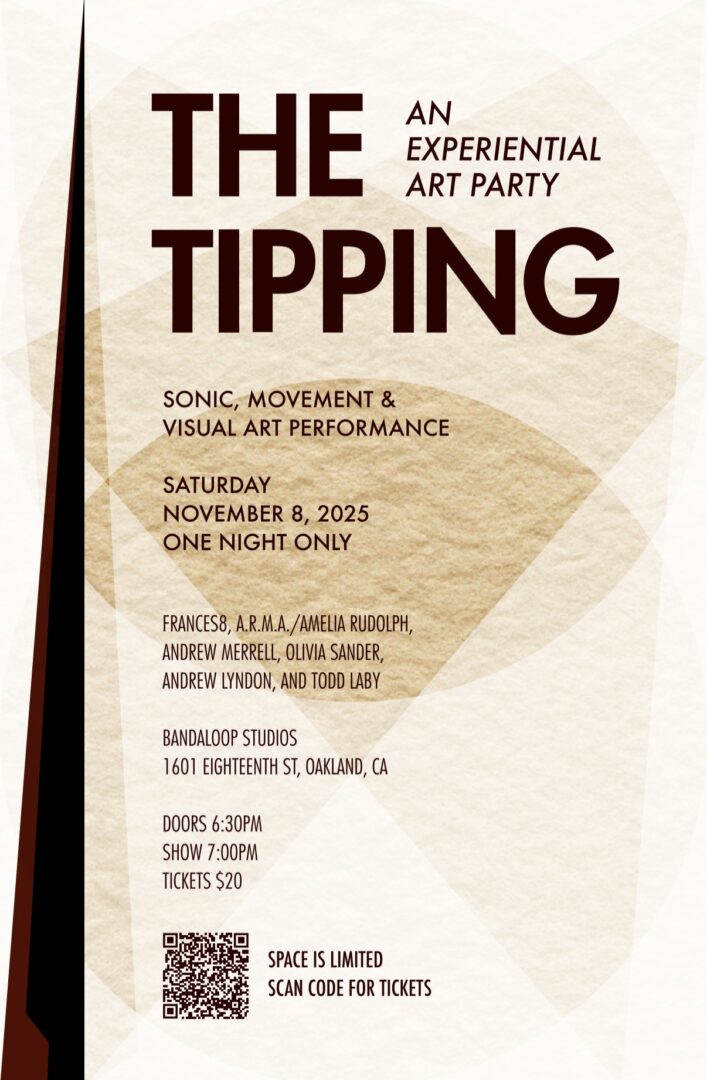
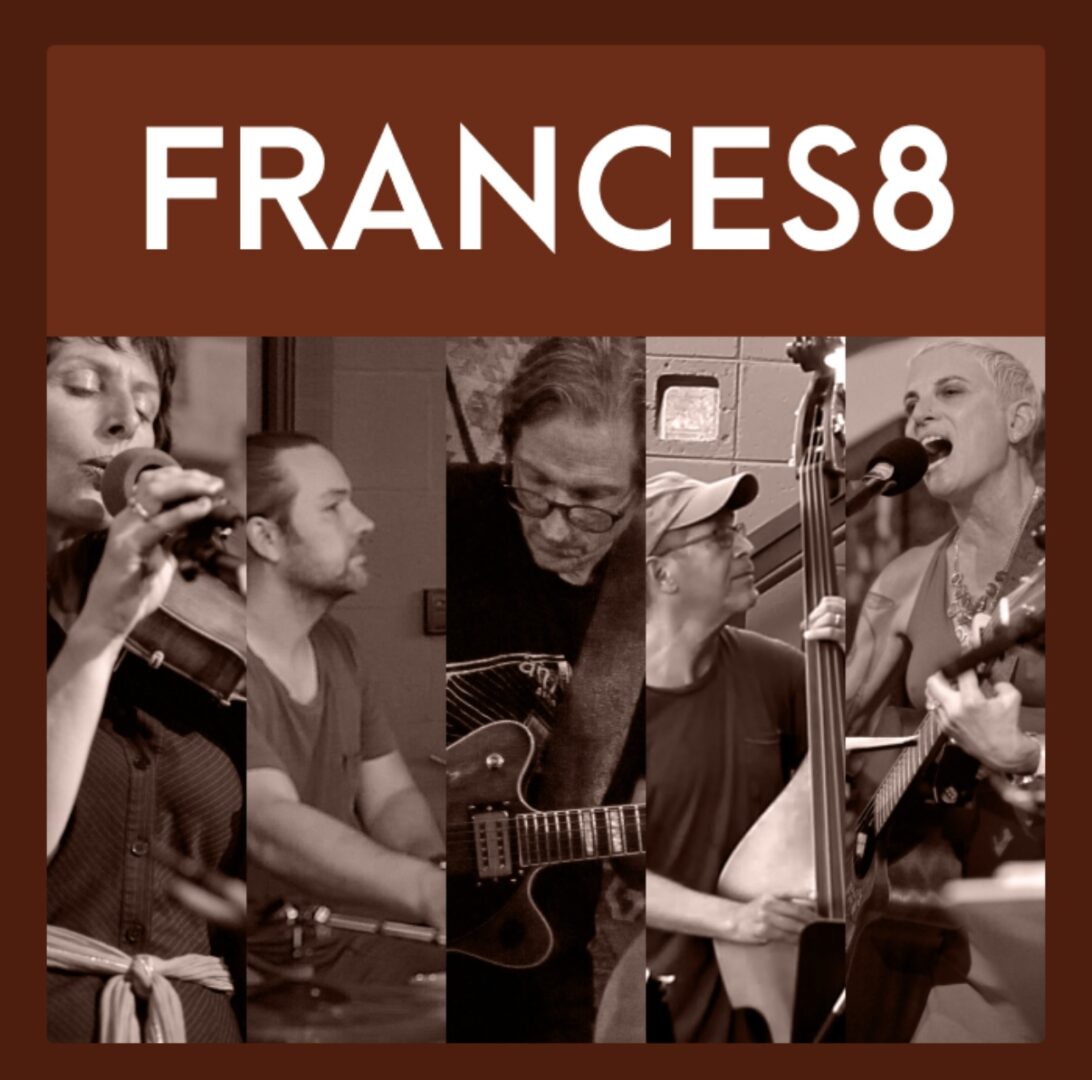
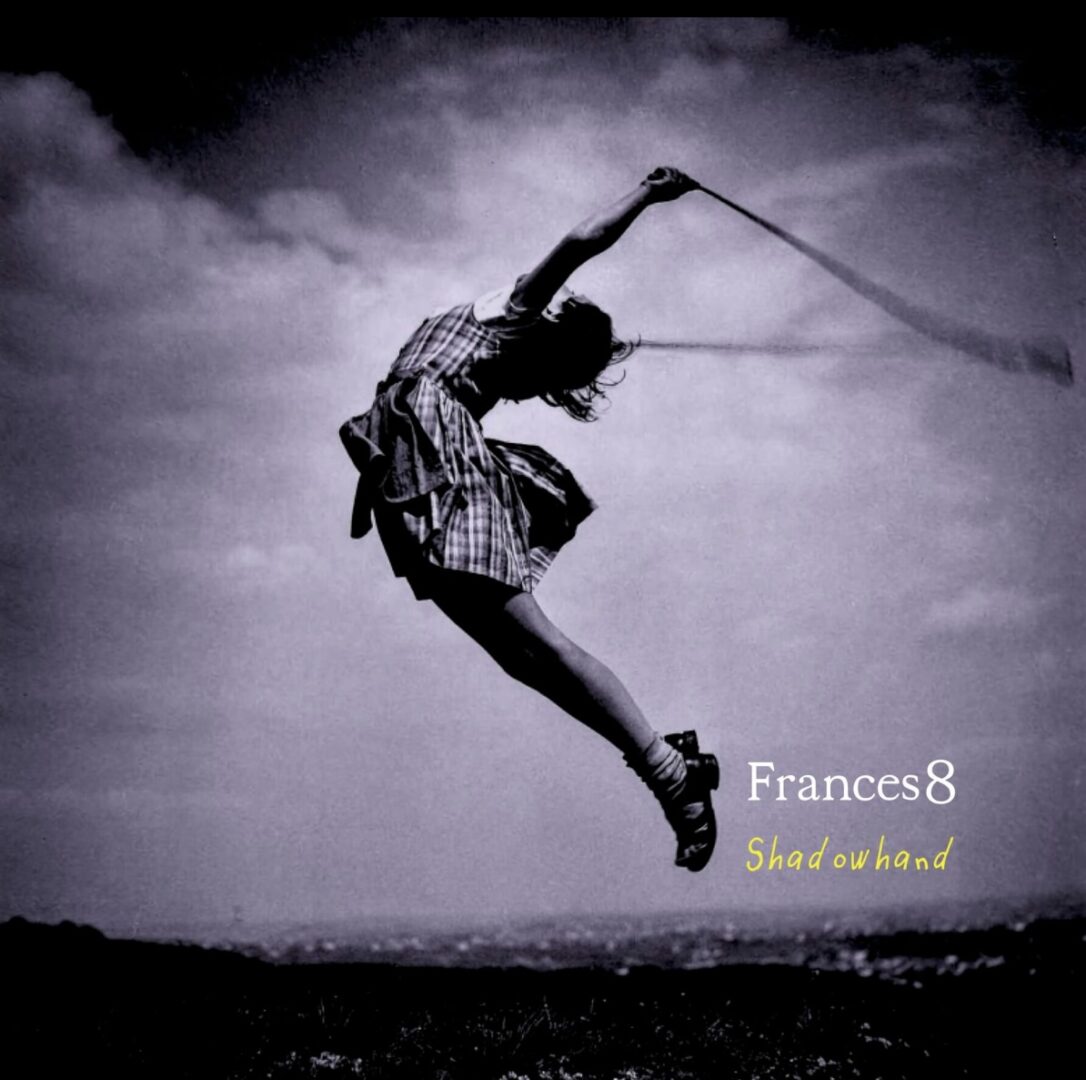
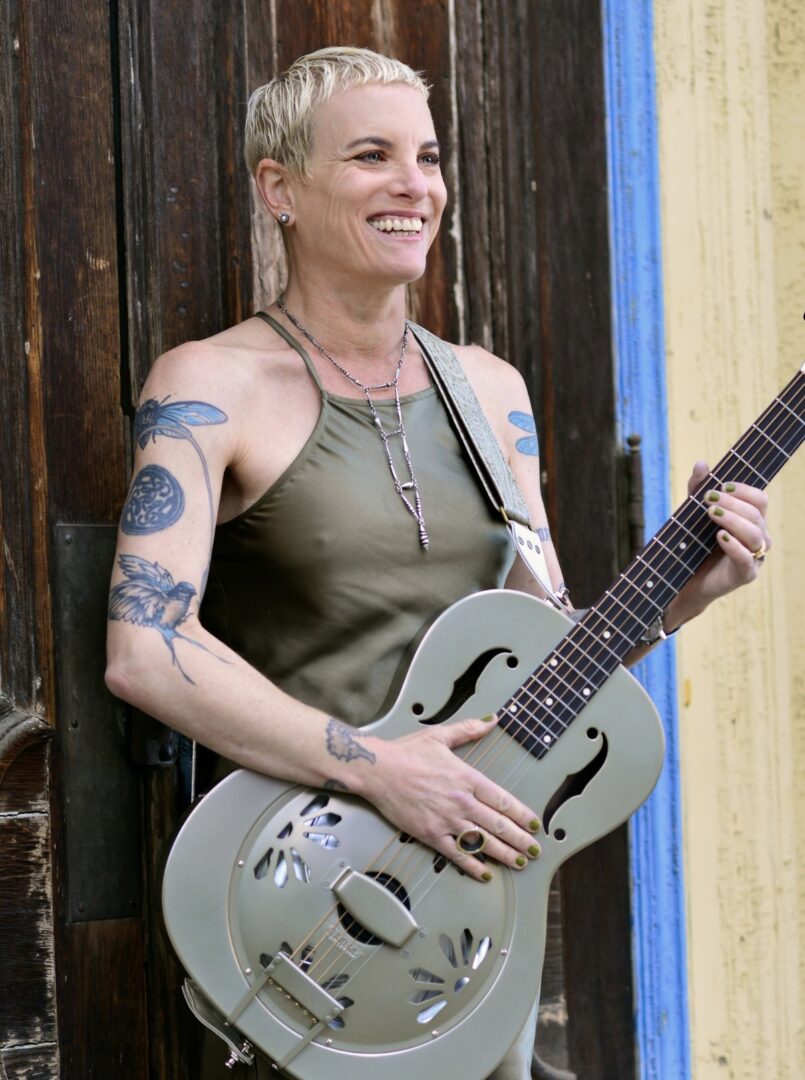
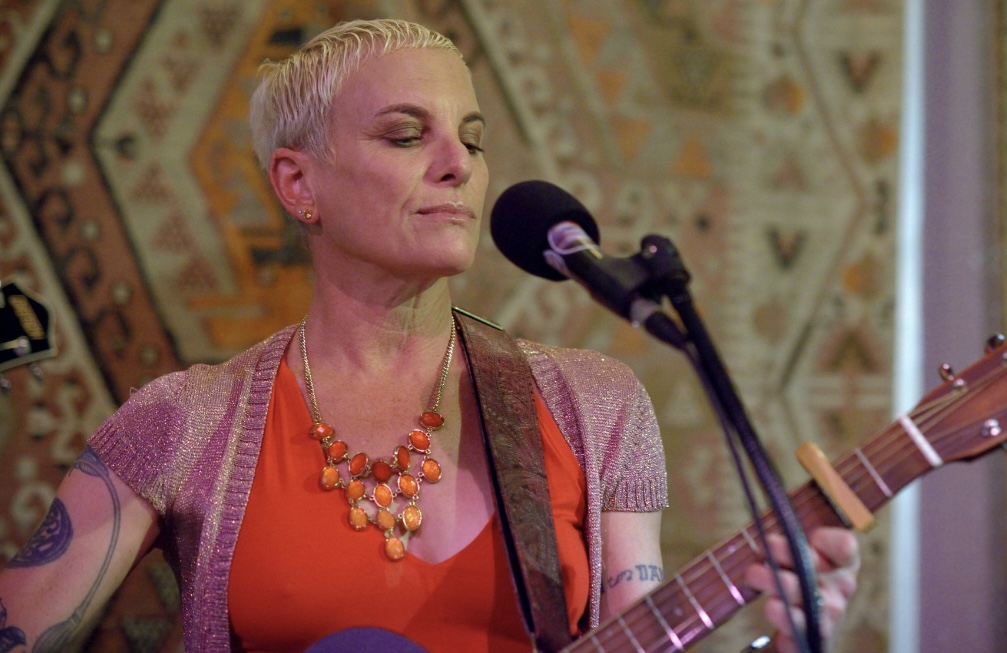
Image Credits
Kelly Johnson
so if you or someone you know deserves recognition please let us know here.

